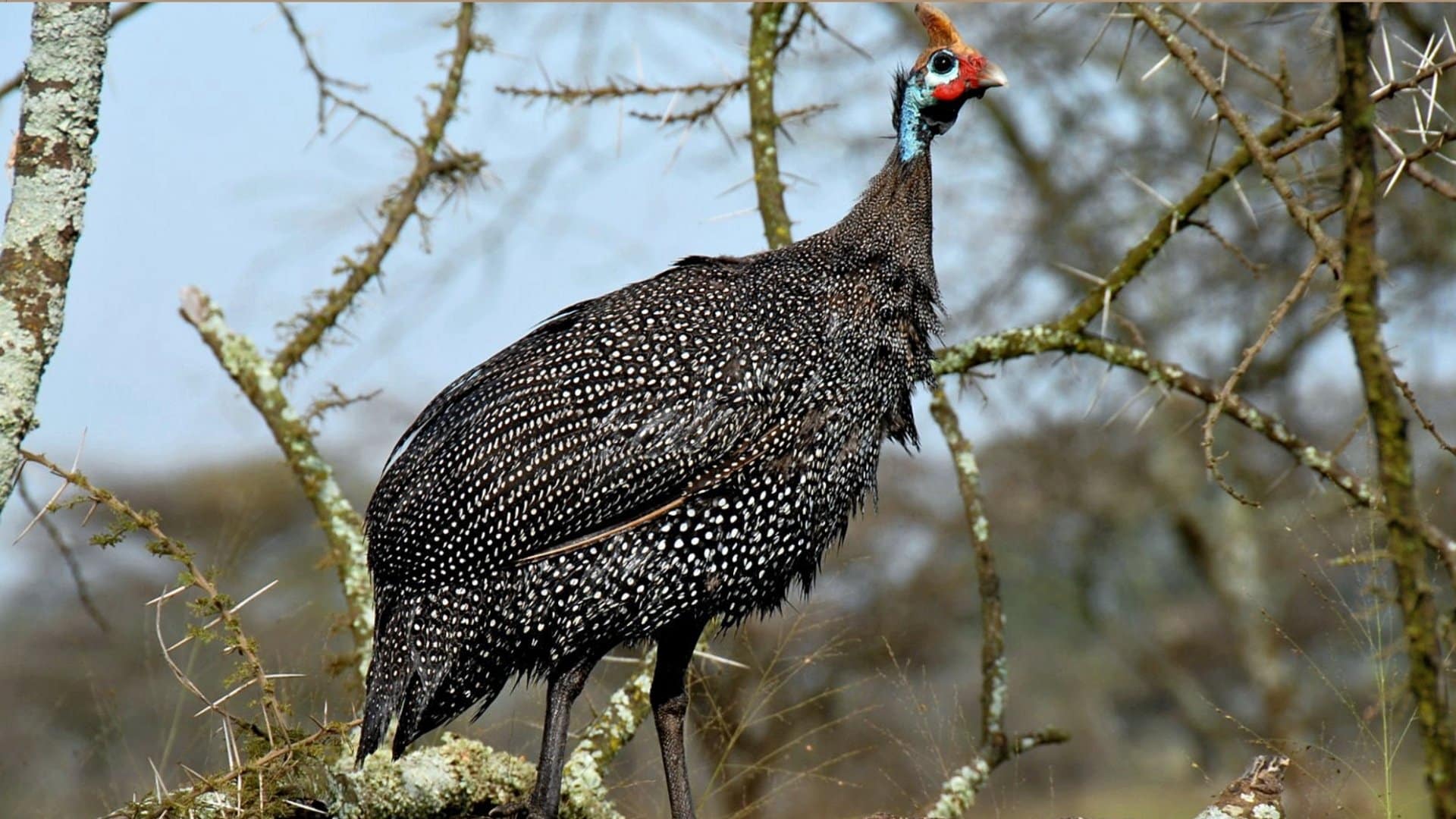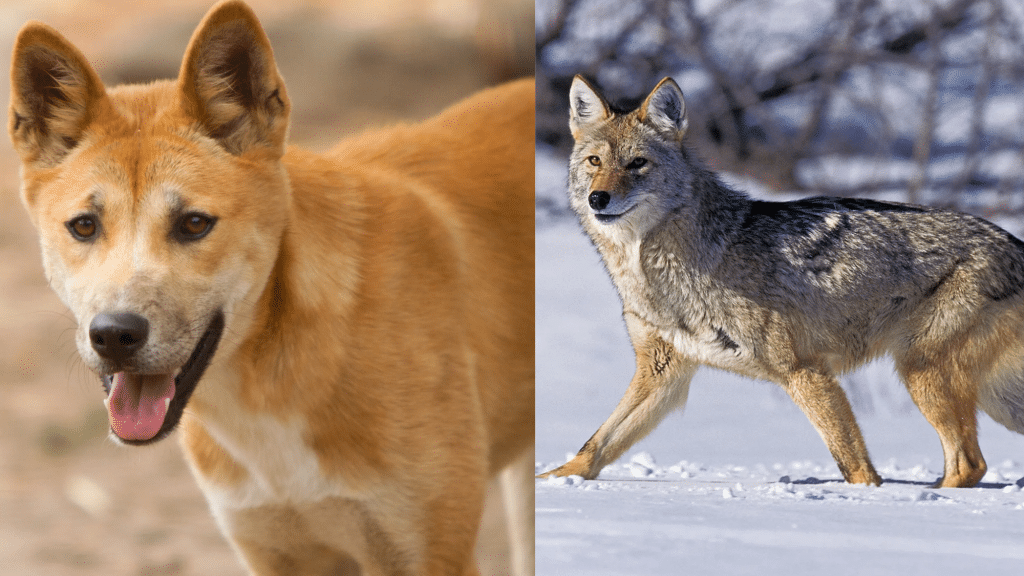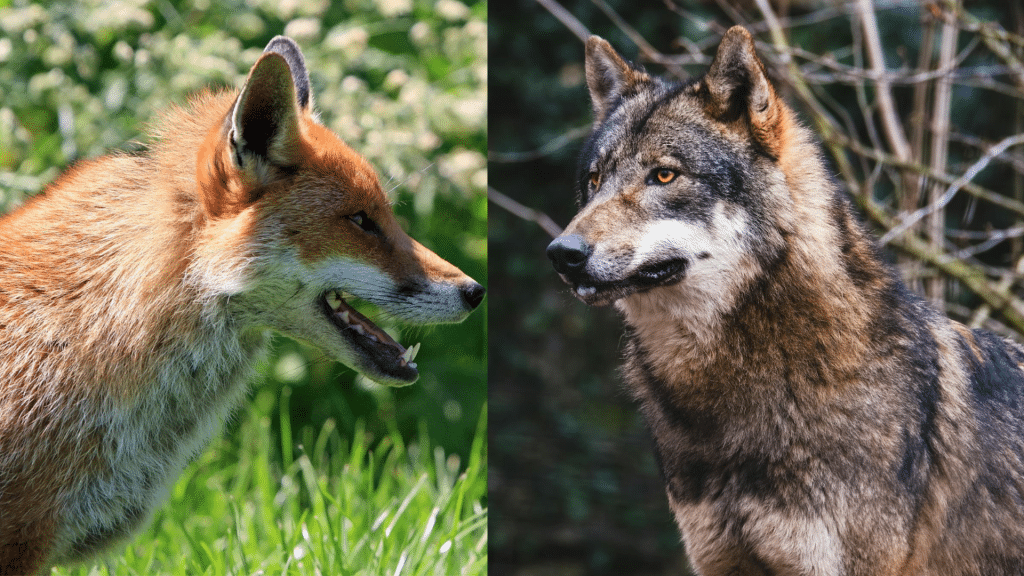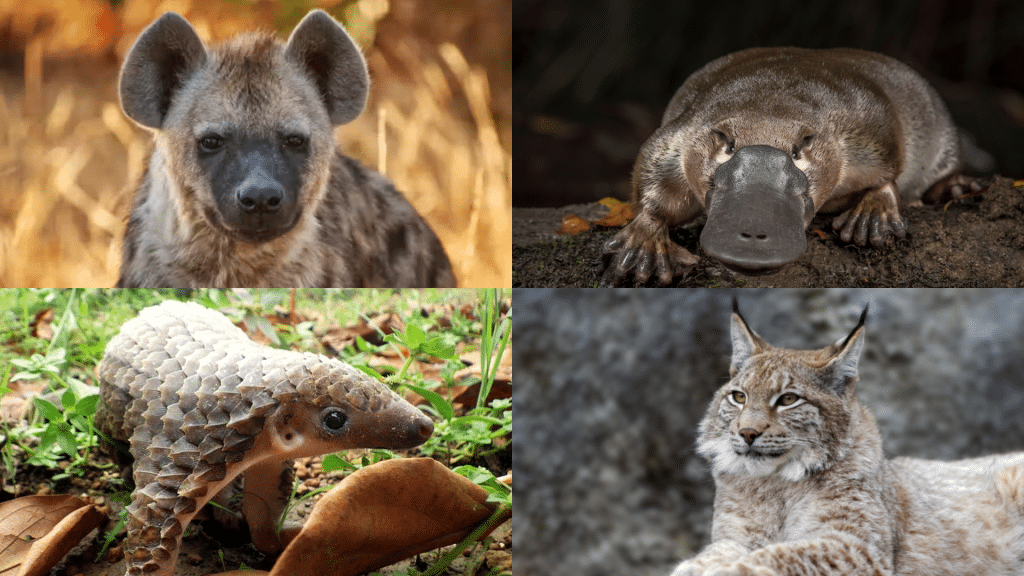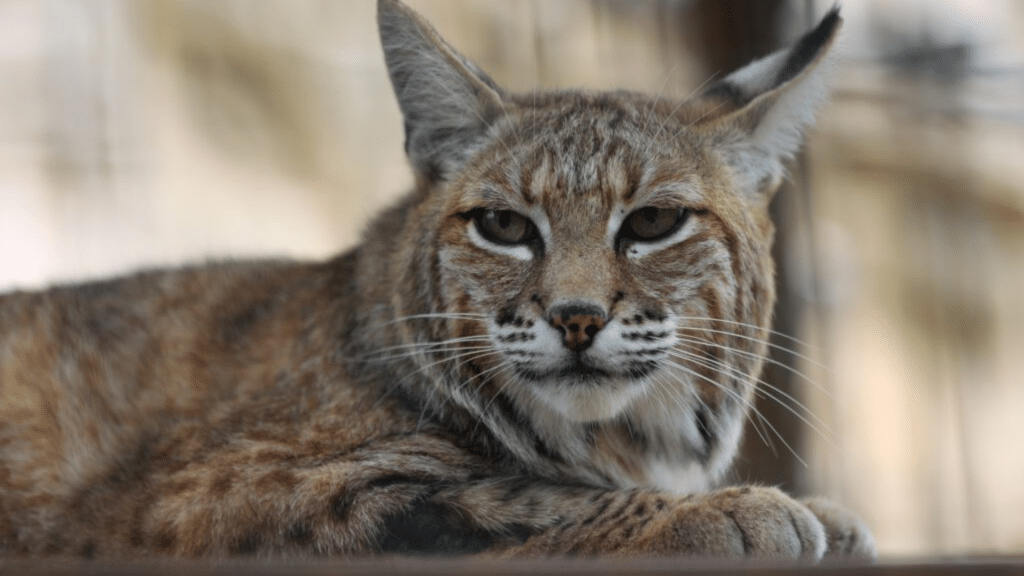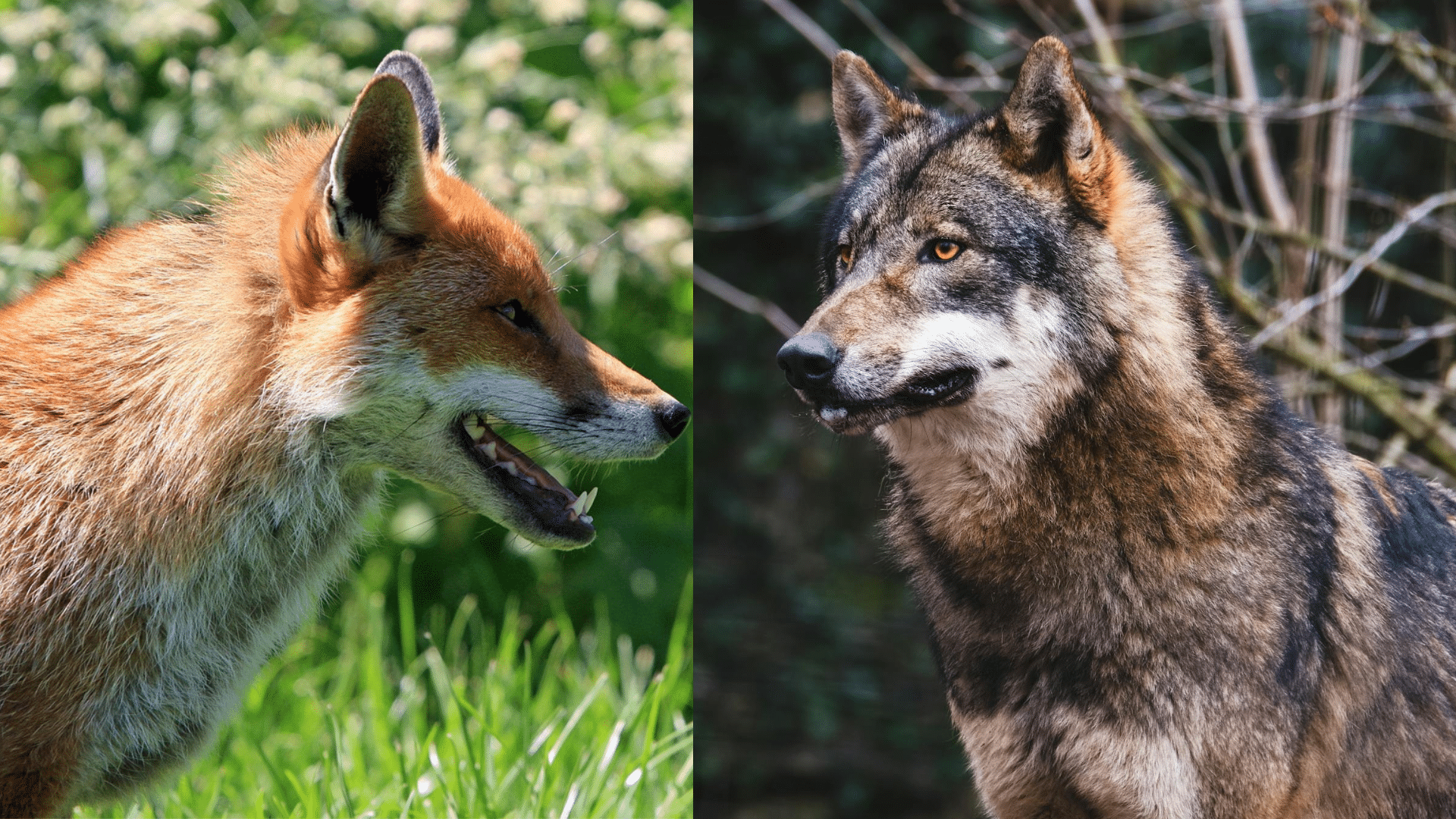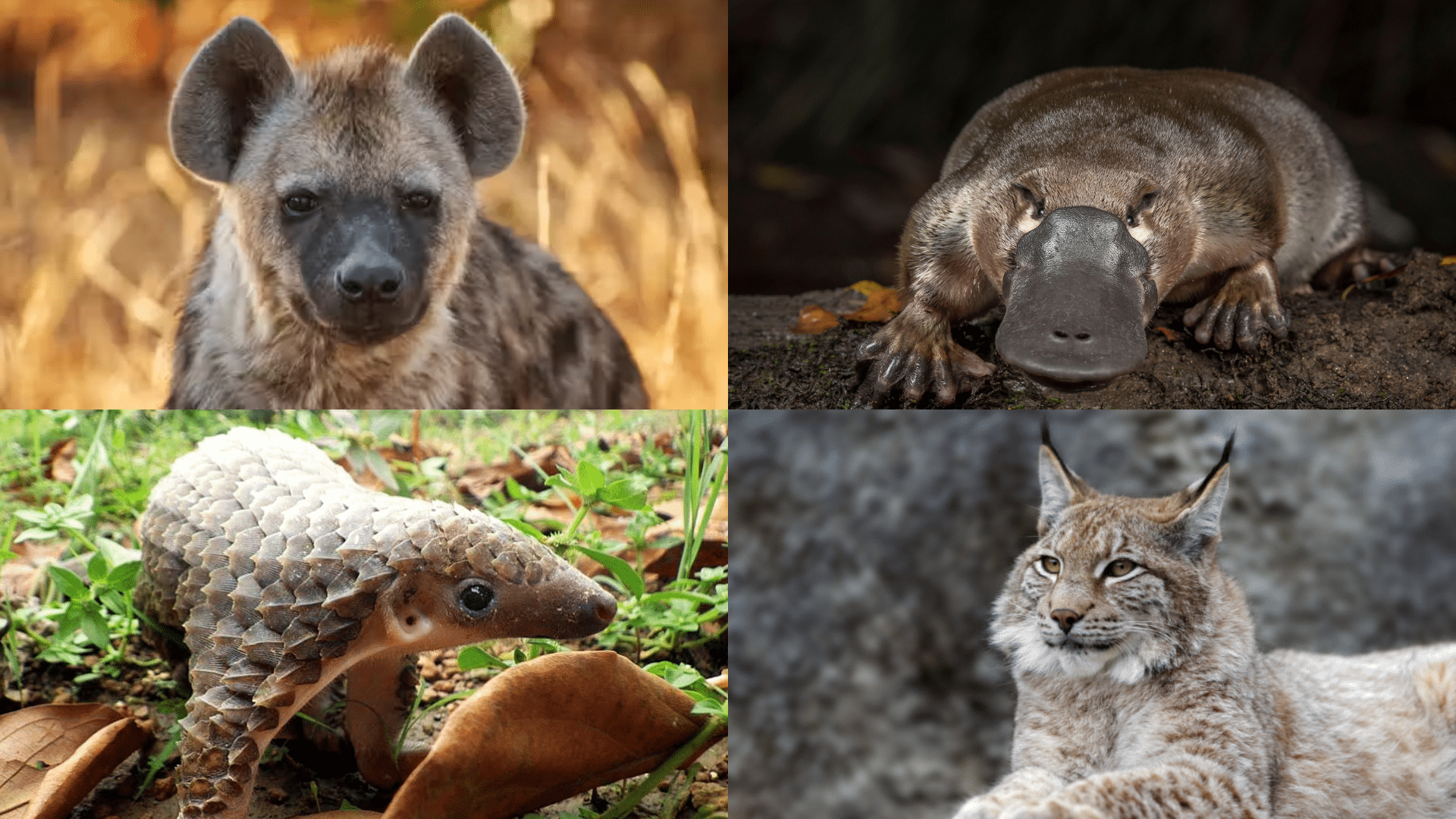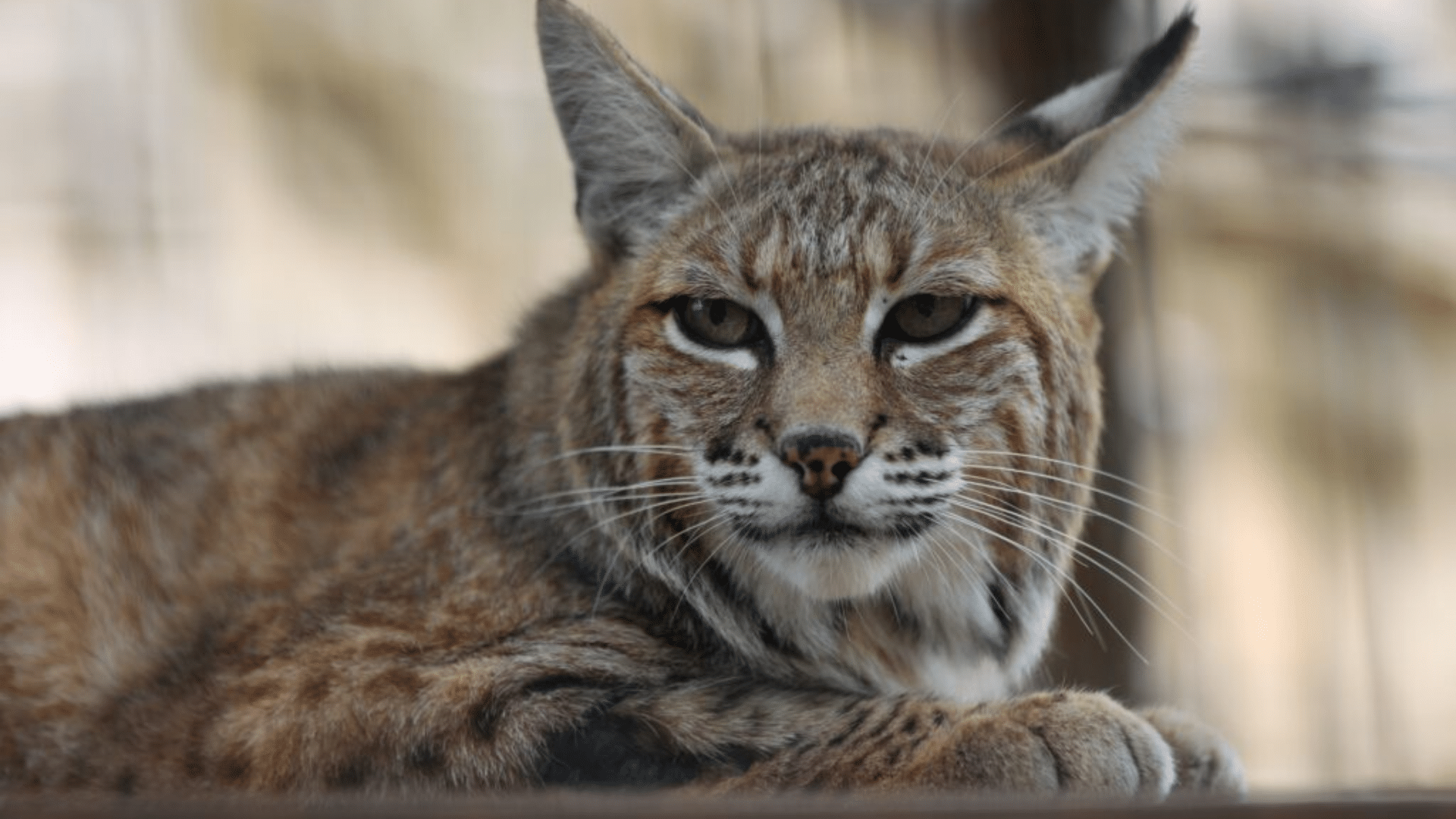Guinea fowl are unusual-looking birds that farmers often keep on their land.
They come from Africa and are known for their strong group behavior and loud voices.
So, people sometimes wonder if these birds can be mean or dangerous.
In this article, we will learn more about how guinea fowl act and what it’s like to have them around people.
Overview of Guinea Fowl
Guinea fowl (Numida meleagris) are beautiful birds known for their striking looks and unique behaviors, making them stand out in the poultry world.
1. Physical Characteristics
Curious about what makes guinea fowl so unique? Let’s take a closer look at their distinctive features:
- Soft, spotted feathers with polka-dot patterns
- Small, helmet-shaped heads with a distinctive growth
- Weight ranges from 1.5 to 3.5 pounds
- Round bodies with white spots create unique patterns
- Males have larger wattles and make one-syllable sounds
- Females produce two-syllable “buckwheat” calls
2. Social and Behavioral Structure
In the wild and domestic settings, guinea fowl maintain strong social bonds. They function as a complete group, staying close together when foraging and alerting one another to potential threats.
Their natural instinct to stick together makes them excellent watch birds, but can also result in noisy group responses to perceived dangers.
Guinea fowl establish a clear social hierarchy within their flocks. This pecking order determines access to food, roosting spots, and mating opportunities.
New birds introduced to an established flock may face temporary aggression until the group dynamics reset.
Do They Attack Humans?
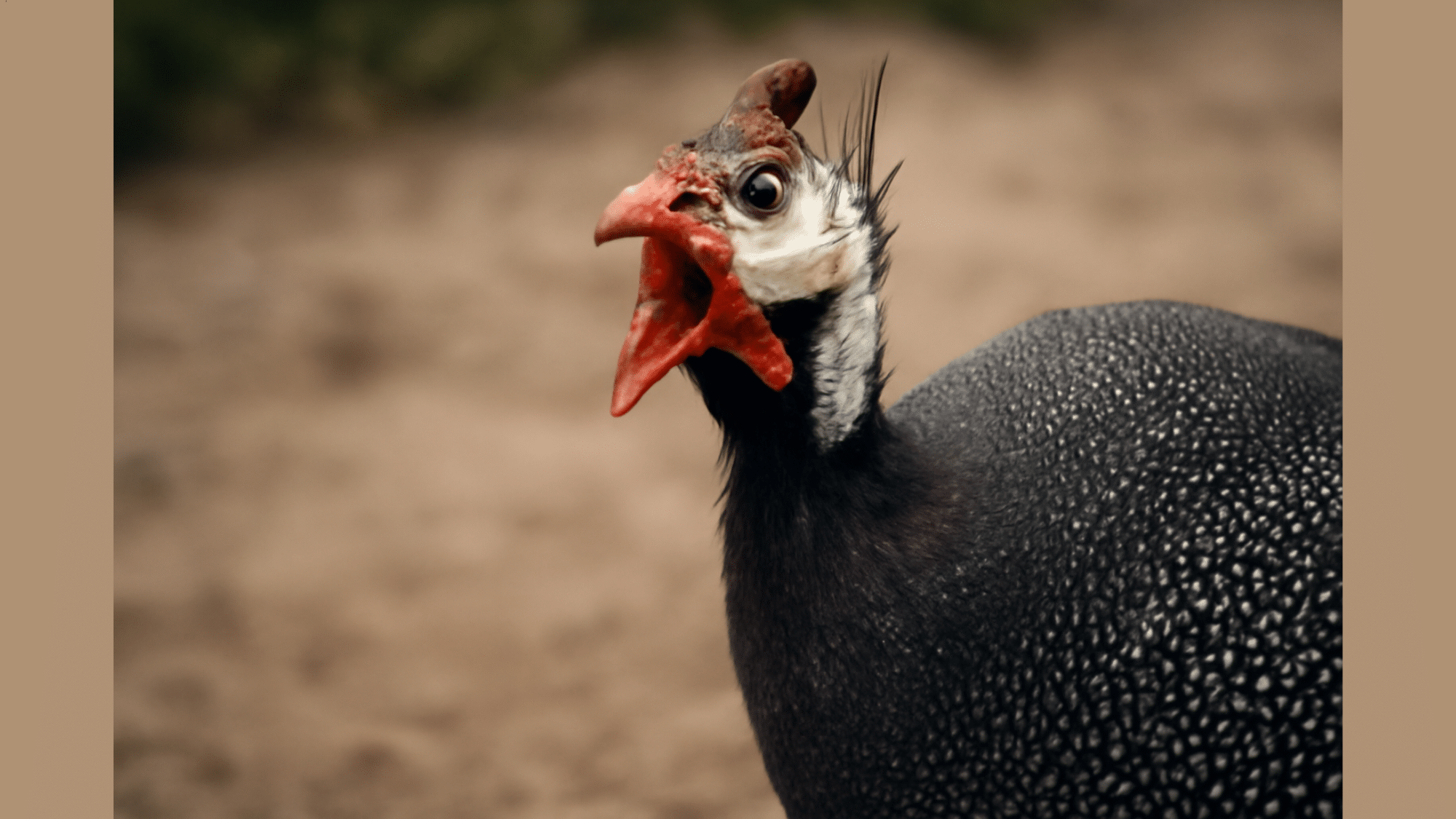
Guinea fowl rarely attack humans without provocation. Most negative interactions stem from misunderstandings of their natural behavior or occur during specific circumstances.
Reasons They May Show Aggressive Behavior
Several situations might prompt defensive responses from guinea fowl:
- Protecting Young Ones: During breeding season, adult guinea fowl become protective of their keets (young). Approaching nests or young can trigger defensive behavior.
- Breeding Season Tensions: Males may become territorial during mating season, occasionally directing this behavior toward humans.
- Fear Responses: Sudden movements, loud noises, or feeling cornered can cause guinea fowl to exhibit defensive behavior.
- Limited Socialization: Birds with minimal human contact from a young age may remain wary and react with alarm to human presence.
- Protecting Resources: Like many animals, guinea fowl may guard food or nesting areas.
How to Handle a Guinea Fowl When They are Aggressive?
If a guinea fowl shows signs of aggression, remain calm and move slowly. Quick movements can intensify their defensive response.
However, creating distance between yourself and the bird often resolves the situation, as guinea fowl rarely chase humans far.
Avoid direct eye contact and facing the bird head-on, as this can be interpreted as a challenge. Instead, turn slightly sideways and lower your body profile by kneeling down.
Using a large, soft object like a bath towel can help manage an agitated bird if necessary. The towel can create a visual barrier and, if needed, safely wrap the bird to prevent wing flapping while moving it.
Speaking in soft, low tones can help calm excited guinea fowl. Many keepers notice that consistent, quiet talking helps their birds associate human voices with safety rather than threat.
How to Prevent Aggressive Behaviors in Guinea Fowl?
Successful guinea fowl management requires early socialization with humans and thoughtful setup of their living environment to minimize stress and territorial responses.
- Handle young birds daily to build early comfort and trust with humans.
- Provide plenty of space in coops (at least 4 square feet per bird) and runs (10+ square feet per bird) to reduce crowding stress.
- Install several feeding stations and multiple roosting spots to minimize competition and fighting over resources.
- Introduce your flock to different people regularly so birds become familiar and comfortable with various human voices and actions.
- Maintain consistent daily routines, such as feeding, cleaning, and presence, to reduce stress caused by unpredictability.
- Keep their living environment quiet and calm to avoid startling or frightening the birds.
- Ensure a secure and comfortable shelter that protects them from predators and bad weather, helping birds feel safe.
- Provide environmental enrichment like safe perches, dust baths, and foraging opportunities to keep guinea fowl mentally stimulated and less likely to act out.
- Avoid sudden changes in their environment or routine, which can cause stress and trigger defensive behaviors.
Common Misconceptions About Guinea Fowl
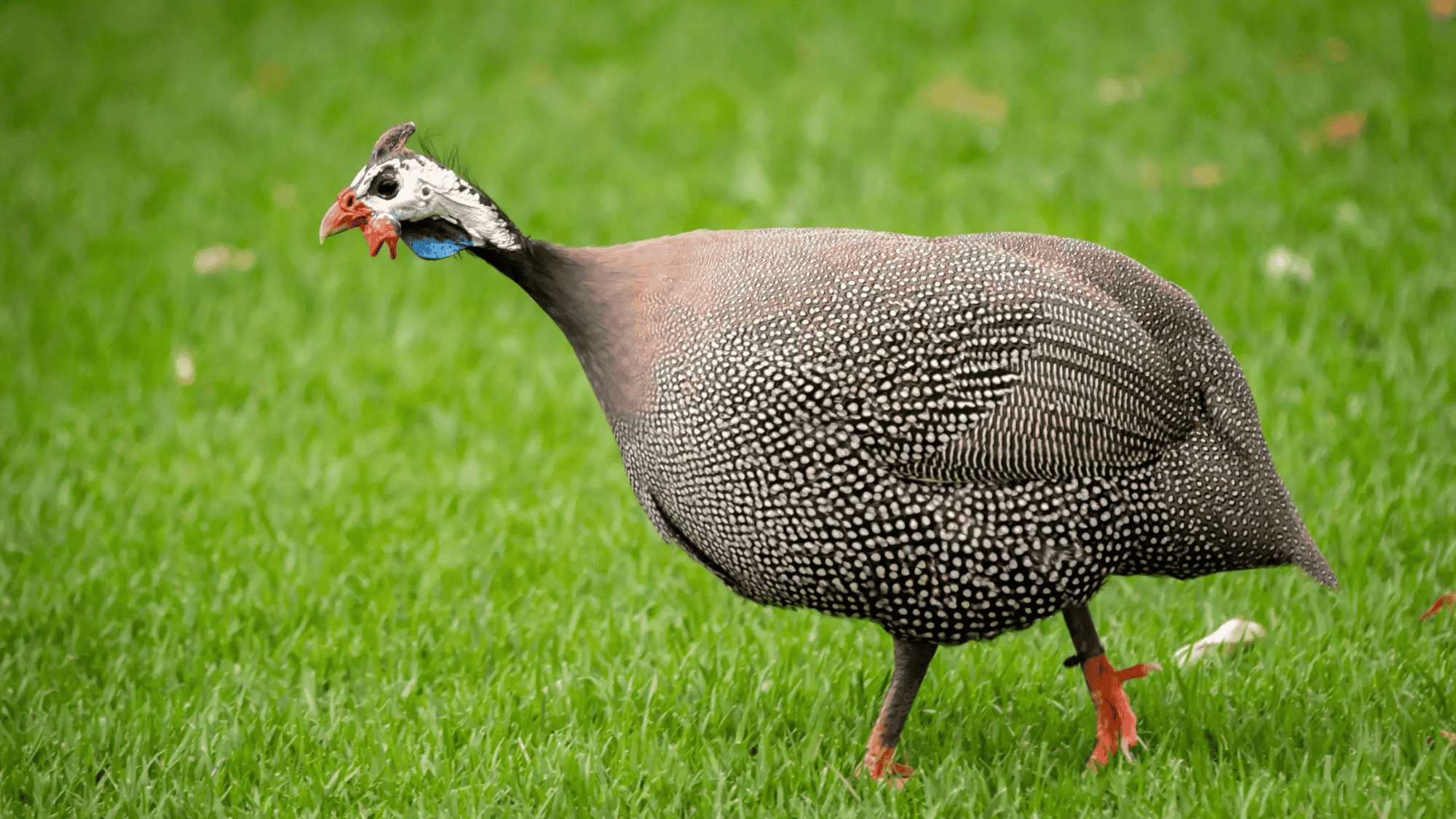
Many people think guinea fowl are aggressive toward humans. This is not true because they are usually just very alert and careful.
Guinea fowl are not like some roosters that may attack to protect their area. Instead, guinea fowl want to avoid fighting with people.
When they feel scared or see danger, they are more likely to run away or fly up into a tree than to fight. Their loud, sharp calls can sound scary, but these sounds are only meant to warn other birds in the group about danger.
These calls help keep the entire flock safe by making everyone aware of nearby threats.
Most of the time, guinea fowl do not want to harm humans or cause trouble; they simply want to stay safe and protect one another.
Benefits of Keeping Guinea Fowl
Guinea fowl serve multiple purposes on farms, eliminating pests while acting as security systems with their vocal alerts to potential dangers or unfamiliar visitors.
- Consume ticks, beetles, grasshoppers, and crop-damaging insects with high efficiency.
- Function as alarm systems by reacting vocally to strangers, predators, and unusual activity.
- Produce small, hard-shelled eggs with rich flavor (though fewer than chickens).
- Provide specialty meat with a taste similar to pheasant (bird).
- Require minimal housing and show strong resistance to common bird diseases.
Conclusion
Guinea fowl, although sometimes misunderstood, rarely pose a genuine danger to humans.
Their cautious, alert nature serves them well in the wild and makes them valuable additions to farms and homesteads.
With proper understanding, reasonable expectations, and consistent handling methods, guinea fowl can coexist peacefully with their human caretakers while providing numerous benefits.
By working with these traits rather than against them, keepers can create positive relationships with these unique and useful birds.

